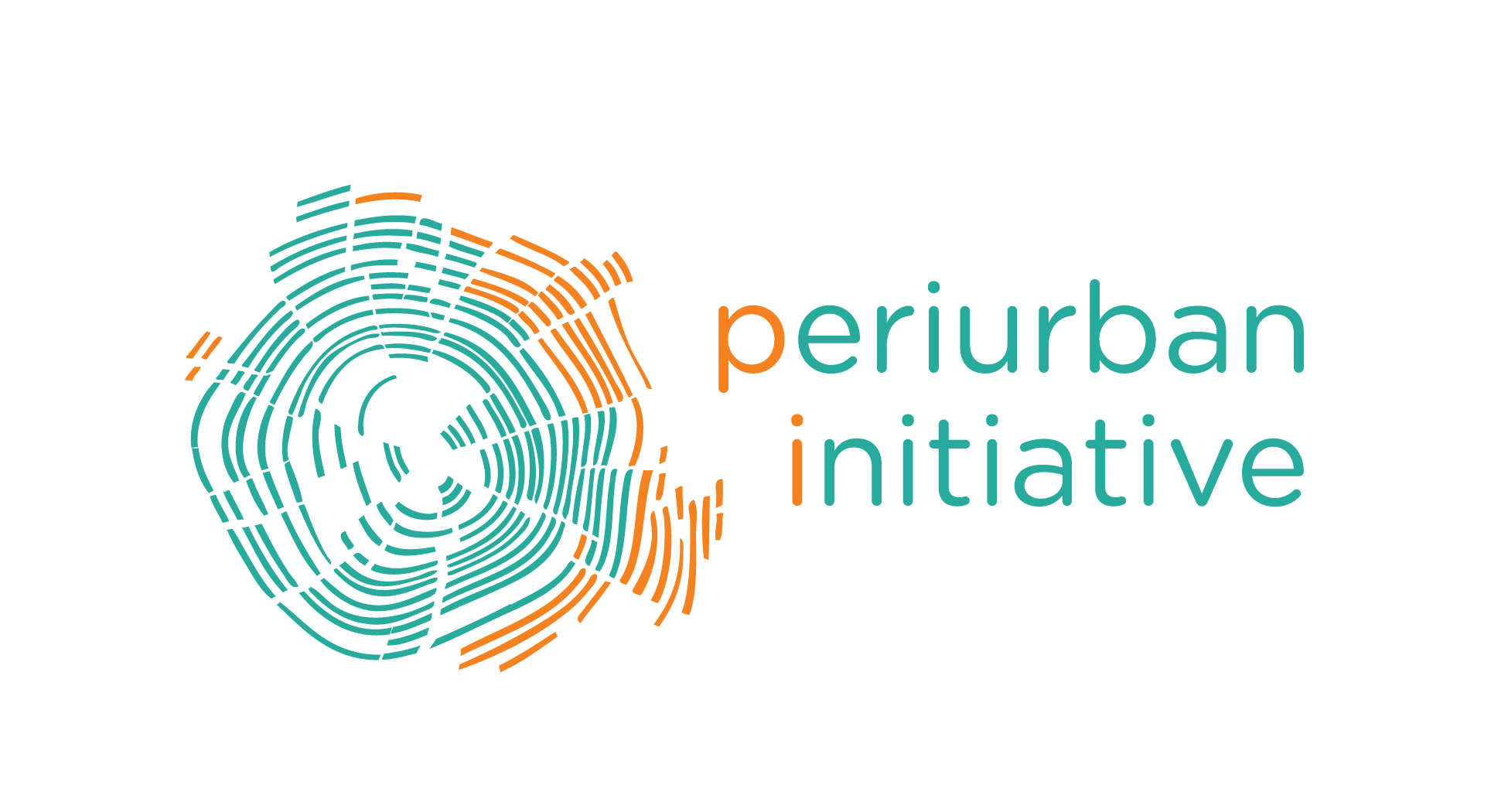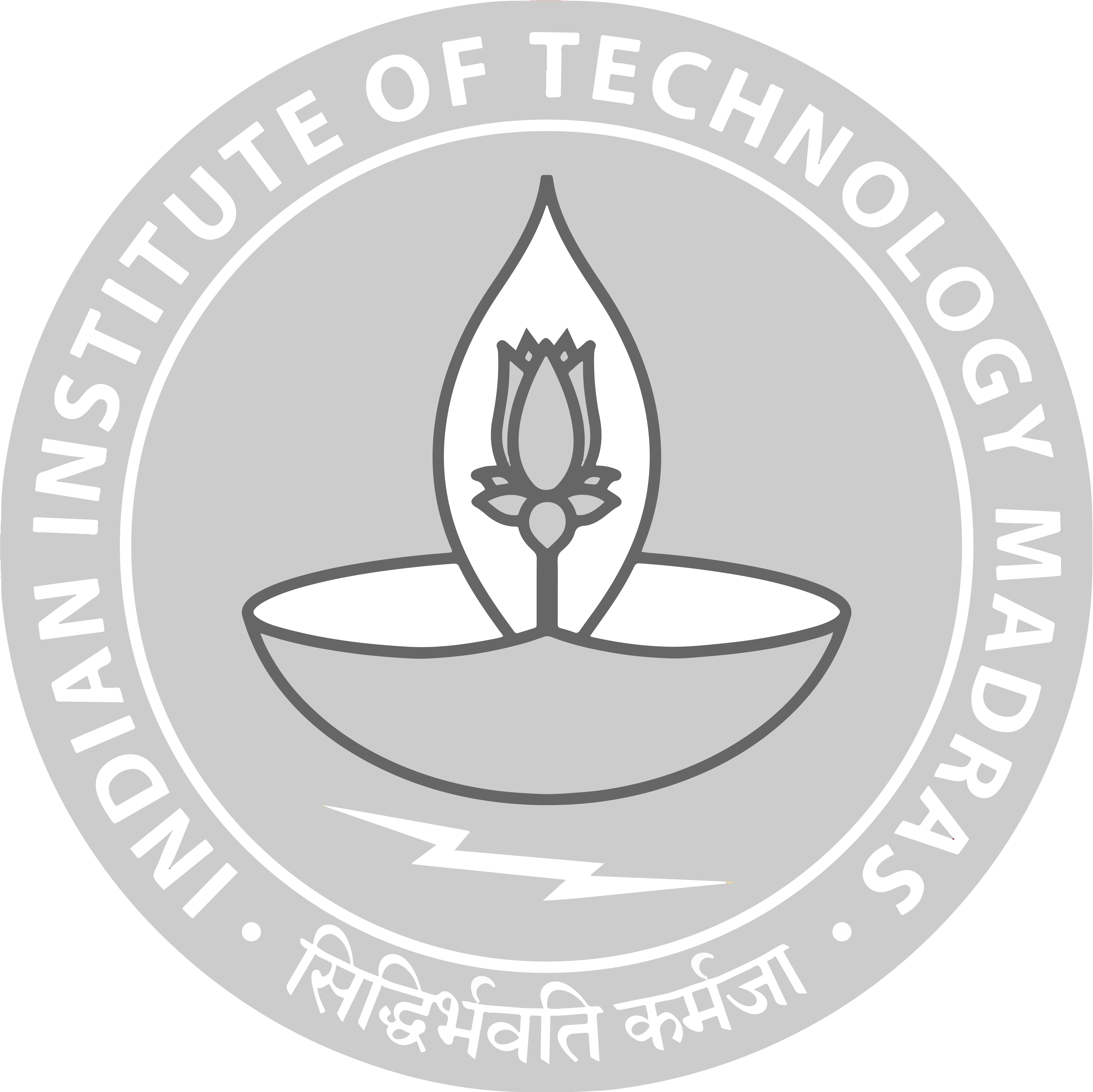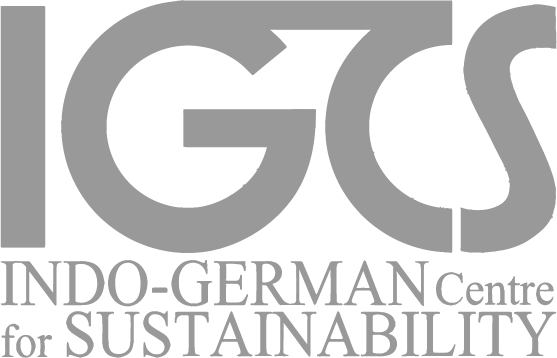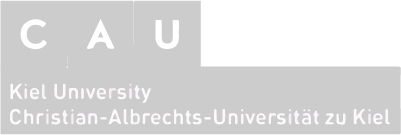Reporting from IGCS winter school 2020 in Chennai, India
It is nearly 33 years since the UN World Commission on Environment and Development (known in short as the Brundtland Commission) famously defined sustainable development as a process of change in which the “exploitation of resources, the direction of investments, the orientation of technological development; and insti-tutional change are all in harmony and enhance both current and future potential to meet human needs and aspirations.” During the past 3 decades, global land use changes seem to discredit that expectation by moving in the reverse direction.
Seen from space, the Earth’s land surface is increasingly a mottled landscape made up largely of the built envi-ronment, comprising roads, buildings and industrial farming systems, with only a few islands of non-engineered natural systems.
Seen from space, the Earth’s land surface is increasingly a mottled landscape made up largely of the built envi-ronment, comprising roads, buildings and industrial farming systems, with only a few islands of non-engineered natural systems.
Cities, which used to be self-contained units surrounded by the vast countryside, now appear to be simply more dense settlements than those that can be seen elsewhere. It therefore seems imperative to blur the distinc-tions across cities, small towns and rural areas and to examine new forms of ‘periurbanisation’ of the so-called hinterland, whose sustainability challenges are vast and growing. This Winter School was an attempt to pick up the pieces around sustainability and land to try to formulate a more integrated view. It covered the following themes:
1 Sustainable development and land
2 Urbanisation and the land-water-food-ecosystems nexus
3 Sustainable governance beyond cities
01.
Methodology
Based on “Action Learning” methods, students were free to choose from the following themes and peri-urban field sites scattered across Chennai’s hinterlands; Food, Youth, Mobility, Local shops/economies, Water and Waste.02.
Hands on Training
Students were trained using maps and Spatial analysis tools to leverage their existing Research Skills.03.
Questions Emerged
Six teams made up of groups of 5-6 members each made field trips to Ennore, Manimangalam, Kancheepuram and Muttukadu over the course of 8 days, emerging with questions to reflect on.IGCS WINTERSCHOOL
The Indo-German Center for Sustainabilty has continuously organised summer and winter school on different aspects of sustainability in order to promote the cooperation between Indian and German Universities.
IGCS serve as a platform for German-Indian academic exchange between students, doctorals candidates and scientists as a hub for further networking in the topic of sustainability.
WINTERSCHOOL
How can we understand the pressures and potentials of transformative peri-urban futures?
Read the blogs here